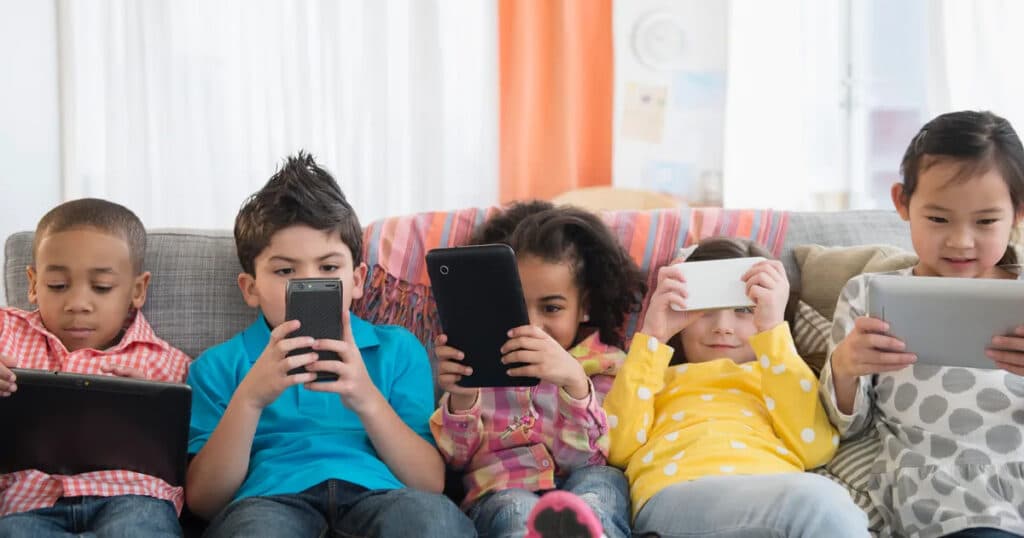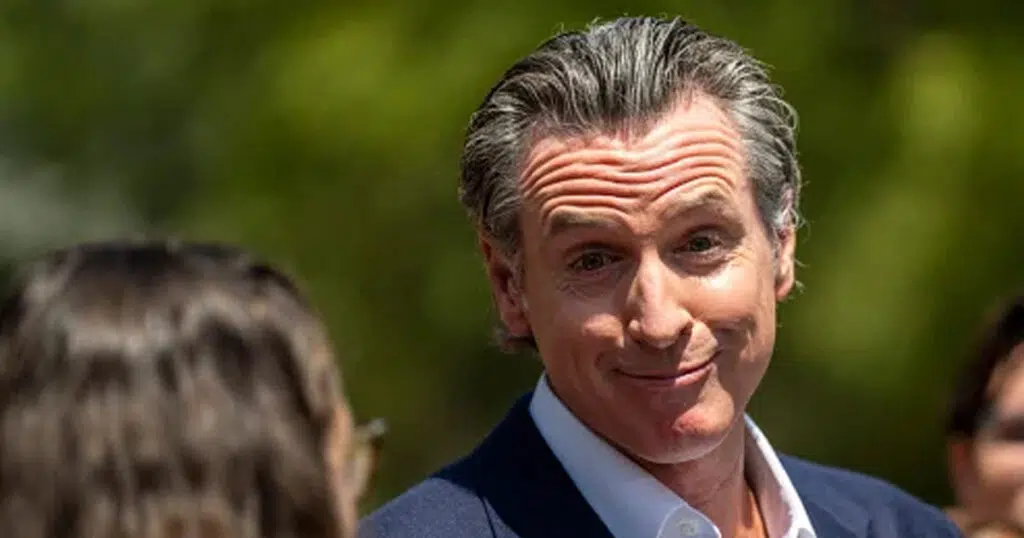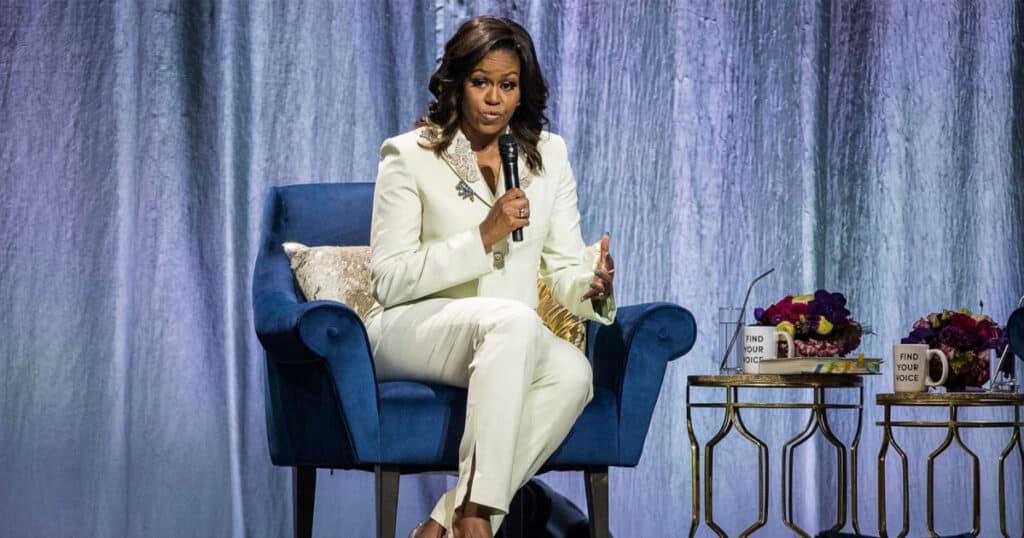
The Beginning of the Revolution Our Kids Need
A revolution is underway. Parents, physicians, and principals have seen the devastation inflicted on an entire generation of children raised on screens, and they are taking bold steps to end “phone-based childhood.” Politicians are joining the cause, too, with Congress on the brink of passing bi-partisan legislation to protect kids online – the first significant law of its kind in nearly 30 years. The catalyst for this revolution is Jonathan Haidt’s new bestselling book, The Anxious Generation: How the Great Rewiring of Childhood Is Causing an Epidemic of Mental Illness.
Haidt’s book has been on the New York Times bestseller list for three months, and its impact is reverberating far and wide. Professor Haidt is a social psychologist at New York University, and his extensive research paints an eye-opening picture of the harms caused by smartphones and social media. He demonstrates how screens literally rewire the neurological pathways of the adolescent brain, calling it the “Great Rewiring.” The effects of smartphones and social media use on a child’s development are so profound, Haidt calls it “the largest uncontrolled experiment humanity has ever performed on its own children.”
Haidt’s thesis is simple — a “phone-based childhood” is incompatible with human development. Any parent who has witnessed the transformation of their teenager into a screenager, has a gut instinct that Haidt’s thesis is right on.
In the virtual world, there are no meaningful guardrails. The Anxious Generation documents how kids are lured into addiction, depression, anxiety, self-harm, fringe political views, eating disorders, and warped perceptions of sex via pornography. Many become victims of cyberbullying and sextortion, and end up suicidal. Children become habituated to anxiety-inducing asynchronous communication. Dependence on virtual communication exacerbates loneliness and isolation. Online “conversations” are disembodied and incomplete, lacking the social cues and warmth that body language and eye-contact offer.
The revolution to reclaim healthy childhood is being led by moms and dads who have decided to “just say no” to smartphones and social media for their kids. There is a movement amongst parents to collaborate with other parents in their kids’ friend group, deciding to collectively delay smartphone and social media use until age 16 or beyond. Instead, many parents are opting to give their teen a basic “dumb” phone to meet communication needs without inviting harmful side-effects. Even retro landlines are making a comeback.
This revolution has passionate support from the nation’s top doctor, Surgeon General Vivek Murthy, who issued a formal warning on the serious mental health harms of adolescent social media use. Murthy called for warning labels on these apps, urging Congress to treat TikTok and Instagram like cigarettes (remember Big Tobacco reassuring us in the ‘90s that smoking wasn’t addictive?). Leading medical organizations including the American Medical Association, the American Academy of Pediatrics, and the American Psychiatric Association are all on board.
The revolution now spreading across the country actually began in our nation’s classrooms. Teachers were amongst the first to notice students’ deteriorating attention spans and plummeting test scores. They saw firsthand that even the most engaging teacher is no match for the Tik-Tok videos, sports scores, video games, and scrolling under kids’ desks. New York City Schools Chancellor announced he will implement a no-phone policy this fall after reading The Anxious Generation. Los Angeles and many other large school districts are rushing to go phone-free by the time school reopens this fall.
Statewide leaders across the aisle are joining, too. Governors as politically opposed as Ron DeSantis (R-Fla.) and Gavin Newsom (D-Cal.) agree that social media is a serious threat to childhood development. Just in the last few weeks, DeSantis signed a bill to cut screens from classrooms and Gov. Newsom promised to do the same. “When children and teens are in school, they should be focused on their studies – not their screens,” Newsom said. DeSantis has also banned younger kids from social media, and required older teens to have parental consent. Gov. DeSantis is planning to give his kids flip phones when they are older.. When discussing social media, DeSantis and Newsom don’t sound like election-year partisans; they sound like concerned parents—which they are.
In the nation’s capital, Democrats and Republicans overwhelmingly support the Kids Online Safety Act(KOSA). After compelling hearings, this landmark bill has just cleared its first big procedural hurdle in the Senate, and is expected to pass in a floor vote on Tuesday. From there, the bill moves to the House of Representatives where its fate is uncertain. Big Tech lobbyists have extremely deep pockets and allies in Congress who can find myriad ways to delay and derail the bill, so the revolution on Capitol Hill needs a strenuous push from concerned parents.
Indeed, it’s up to parents to make sure Haidt’s book is just the beginning of the revolution our kids need. Big Tech and social media corporations operate in a way that no other sector is allowed to, deliberately addicting unsupervised minors, manipulating and rewiring their minds and hearts, while gathering and monetizing their data. It’s time to protect kids, and end the uncontrolled experiment. The results are in. Let’s give kids a childhood that is once again compatible with normal human development.
Maureen Ferguson is a Senior Fellow with The Catholic Association.
This article was originally published by RealClearPolicy and made available via RealClearWire.



